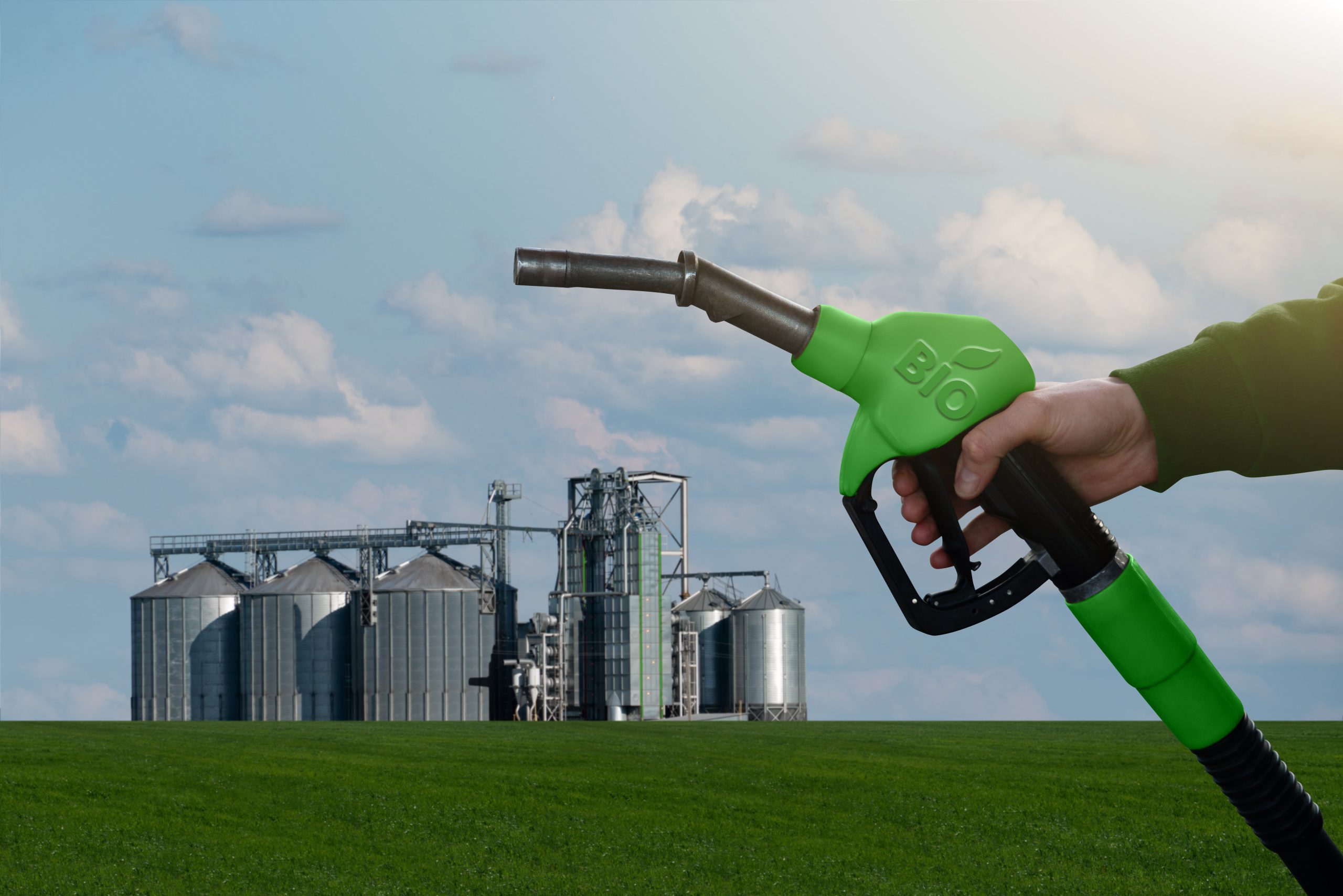
Biofuels: Safe and Eco-Friendly Alternative for Your Fleet’s Fueling Needs
As concerns over climate change and fossil fuel dependency grow, the search for cleaner and more sustainable alternatives has led to a surge in the use of biofuels. This has left many fleet owners and operators wondering: Are biofuels safe for their engines? In this article, we will explore compatibility with engines and the key benefits of fueling up with biofuels.
What are biofuels?
Biofuels are fuels derived from organic materials, such as plants, algae, and waste materials. There are a few different types of biofuels, including renewable diesel, biodiesel, and ethanol. Renewable diesel is a drop-in replacement for diesel, meaning a 100% RD blend can be used without affecting engine warranties. Biodiesel is produced from vegetable oils, animal fats, or recycled restaurant grease and can be used in diesel engines. On the other hand, ethanol is an alcohol-based fuel derived from crops like corn or sugarcane and is typically used in gasoline engines.
Compatibility with engines
Modern diesel engines are generally compatible with biodiesel mixtures, which consist of a blend of biodiesel and standard diesel fuel. There is a wide range of biodiesel blend concentrations that can be used. Common blends include B5 (with up to 5% biodiesel) and B20 (containing 6% to 20% biodiesel). B100 (pure biodiesel) is mainly used to create lower blends and is rarely employed as a transport fuel.
Certain original equipment manufacturers (OEMs) may not authorize the use of biodiesel blends with higher concentrations. Before using biodiesel, we recommend verifying your OEM engine warranty to confirm whether higher-level biodiesel blends are permitted. You can find a handy guide on OEM positions on B20 and RD blends from the Clean Fuels Alliance.

Gasoline engines are generally designed to run on E10 fuel, which is a blend of 10% ethanol and 90% gasoline. However, many newer vehicles, known as flex-fuel vehicles (FFVs), can run on E85 fuel, which contains up to 85% ethanol.
What Are the Benefits?
Here are some key benefits of fueling up with biofuels:
1 – Reduced greenhouse gas emissions: Biodiesel combustion produces significantly fewer greenhouse gas emissions compared to conventional diesel. By lowering carbon dioxide (CO2), carbon monoxide (CO), and particulate matter emissions, biodiesel helps combat climate change and contributes to cleaner air.
2 – Enhanced lubricity: Biodiesel has a higher lubricity than conventional diesel fuel, which helps reduce engine wear and tear. This improved lubricity can lead to longer engine life and lower maintenance costs.
4 – Biodegradable and non-toxic: Biodiesel is biodegradable and non-toxic, which means it has a minimal environmental impact in case of spills or leaks. This characteristic makes biodiesel a safer option for both the environment and those working with fuel.
As you can see, biodiesel offers many advantages, from increased engine lifespan to environmental benefits. By embracing greener fuel alternatives, we can take a significant step towards a more sustainable and cleaner future.
If you are a fleet looking for a greener solution to fuel up your vehicles, reach out to Mansfield today to discover a full range of products and services designed to help you meet your sustainable goals.

This article is part of Daily Market News & Insights
Tagged: alternative fuel, biofuels, Eco-Friendly, fleets
MARKET CONDITION REPORT - DISCLAIMER
The information contained herein is derived from sources believed to be reliable; however, this information is not guaranteed as to its accuracy or completeness. Furthermore, no responsibility is assumed for use of this material and no express or implied warranties or guarantees are made. This material and any view or comment expressed herein are provided for informational purposes only and should not be construed in any way as an inducement or recommendation to buy or sell products, commodity futures or options contracts.





